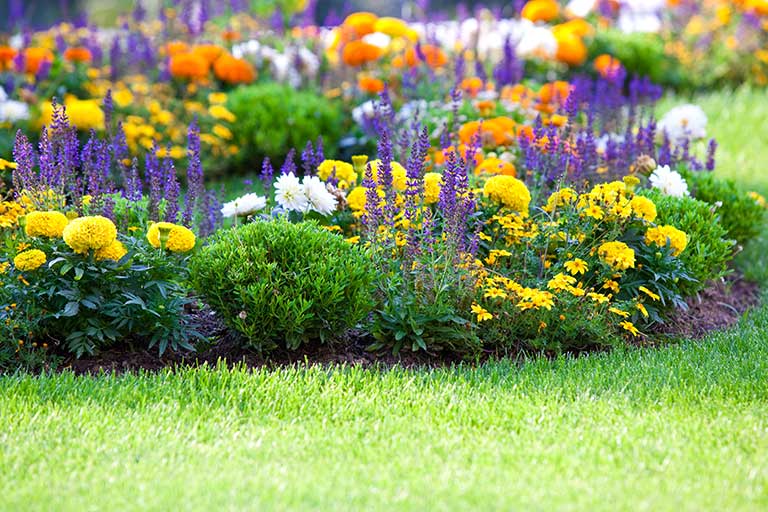Century Park Blog

Recently, my daughter, Ellie, and I spent time together enjoying our annual ritual of planting our flowerbeds in front of our house, as well as planting a small vegetable garden in the backyard. The garden included a variety of lavender, mint, cucumbers, tomatoes, and basil, creating a complex and memorable aroma. We used an organic compost fertilizer to assist the growth of our garden, but we certainly did not enjoy how the fertilizer smelled! (There's a whole other lesson there — how sometimes the very thing we need to grow may seem unpleasant.)
What I enjoyed most about the experience was getting to spend intimate time with my daughter, just the two of us. We talked endlessly about a variety of topics as we drove to the store to buy our supplies, brought them home, and worked together side by side. It was truly a time of planting and growing, not only the garden but also our relationship as mother and daughter. She confided in me about issues confronting her at school and with her friends, and she sought my advice. I would not trade moments like this for anything. Both of us intentionally left our cellphones inside the house so we wouldn't be distracted during our time of working and sharing one another's lives. By disconnecting from technological distractions, we were able to truly connect with one another in an authentic and personal way.
I see several parallels between what I described above and the relational dynamics of our workplace environment. Planting and growing relationships at work requires intentionality, just as a garden requires "cultivation" to grow. Professional and personal relationships take an investment of not merely our presence, but truly bringing our whole self to the relationship and being present in every way.
How often do we see someone at work distracted by their cellphone while another associate or resident or family member is trying to engage them in conversation? Sometimes this happens in person, while other times it occurs during a Zoom call. People sometimes excuse this behavior and attempt to validate it by telling themselves, "I am just multitasking." But in both scenarios, it is evident the person is not fully engaged in the conversation and not fully invested in the meeting. It sends a message that whatever the other person is trying to say is not important. It is the difference between presence and being present. "Presence" is simply being in close proximity to someone, whether we're listening to them or not; being "present" means giving our time and full attention to the other person, really hearing them, and then responding thoughtfully.
By the time my daughter and I had finished planting and putting away our tools, we were both weary and ready to take a rest. But before we did, we took time to fill watering cans and go back to each plant, watering them thoroughly so they would have an optimal chance for growth. We are both excited to see our garden grow, but more than reaping the tangible rewards of our labor is the priceless gift our investment made in our relationship.



